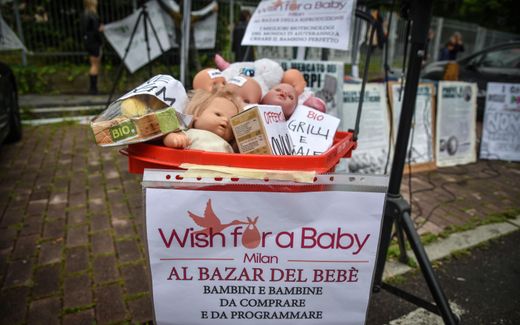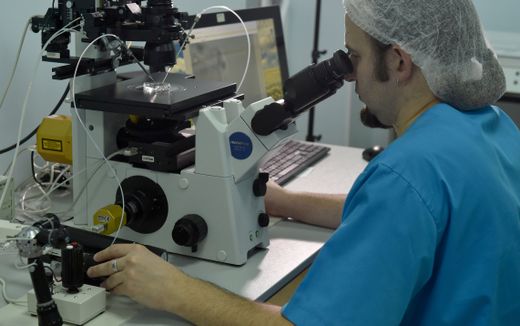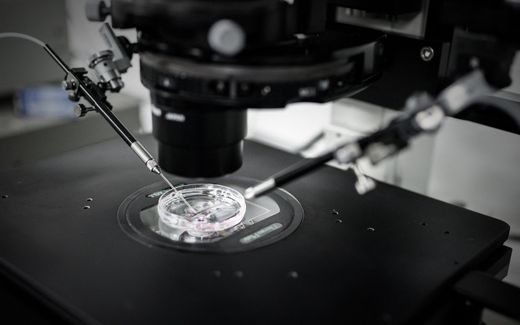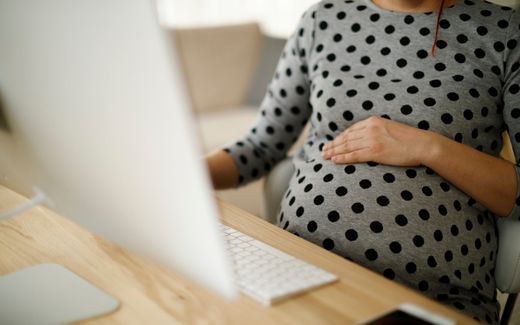Norwegian expert pleads for free fertility treatments to increase population
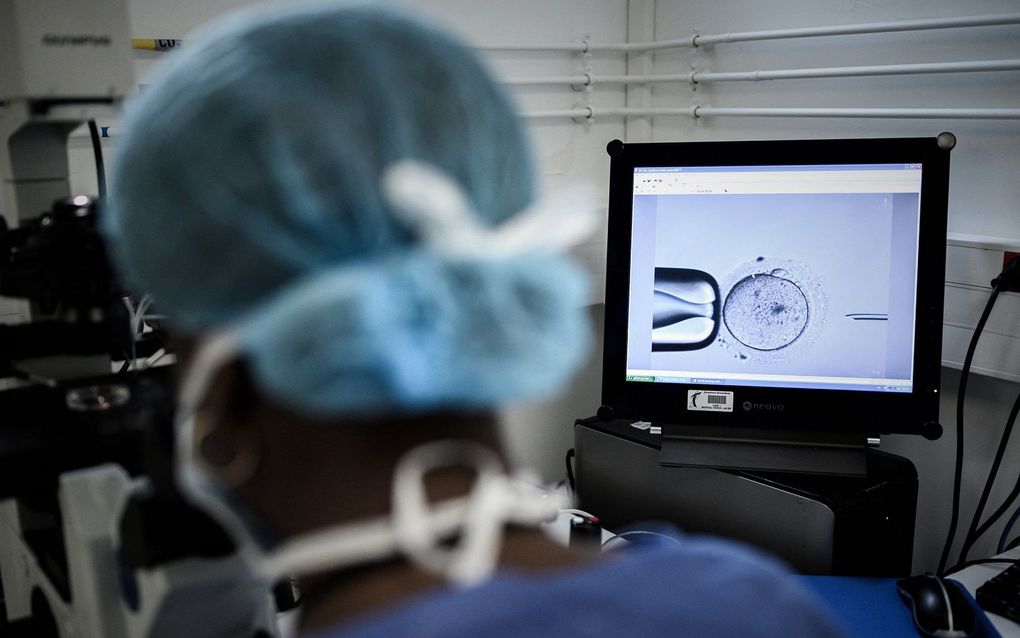
A personnel of the laboratory of reproductive biology CECOS, the medically assisted procreation (PMA) unit of Tenon Hospital (Hopital Tenon AP - HP), performs an intra cytoplasmic sperm injection process (ICSI). Photo AFP, Philippe Lopez
Northern Europe
The Norwegian government wants to encourage couples to have more children. A researcher believes that making fertility treatments free will contribute to a population boost.
Norway has joined the list of countries that reached an absolute low birthrate. Therefore, the Norwegian government encourages couples to have more children. In 2020, the Minister for Children and Families, Kjersti Toppe, announced major changes in family policy to convince people to have more children, Vart Land writes. For example, Toppe wants to increase financial support for students and other young people who become parents. Those subsidies should make it easier for them to get a house. In addition, access to nurseries should become easier.
However, the measures were in vain, and the number of involuntarily and voluntarily childless women even increased.
According to research from Plos One, the share of infertile women born between 1916 and 1955 was four per cent. Their share increased to six per cent of the women born between 1956 and 1975. Of the women born between 1916 and 1955, between five and six per cent chose to have no children voluntarily. Of those between 1956 and 1975, this percentage is between nine and ten per cent.
In 2022, the fertility rate reached a historic low, Vart Land writes. On average, a Norwegian woman gets 1.41 children. Toppe's goal, however, is 2.1 children per woman.
Contraceptives
According to researcher Finn Egil Skjeldestad from the University of Tromsø, this expectation is unrealistic. He points out that many women and girls use contraceptives, so the number of births decreases drastically. "Norwegians are fertile, but they choose not to have children", he concludes.
Skjeldestad believes that it is important to consider measures that can convince people to have more children. Financial stimulants are one of them, he thinks.
In addition, fertility treatments should become free, Skjeldestad argues. "Children born after fertility treatment are important new citizens in Norway. Currently, they make up five per cent of the annual births", he explains. He is convinced that involuntary childless people will get more help if they don't have to pay for the treatments.
Zero children
Denmark also has demographic problems. There, recent research showed that almost ten per cent of young people do not want to have children in the future.
The Rockwool Foundation questioned 7,500 Danes born between 1971 and 2003, Kristeligt Dagblad writes. Of the generation born between 1999 and 2003, 8.8 per cent indicated that the ideal number of children for them is zero.
Journalist Mette Munch Jørgensen (39) is one of the women who are voluntarily infertile. "It is slowly dawning on more people that you have a choice when it comes to having children", she explains to Kristeligt Dagblad. "You don't have to follow the same path as everyone else. And the alternative, not least for women, is a freer life where they don't have to balance all the expectations of career, wealth and perfectionism that weigh on many women in our time."
Climate
Health sociologist Pernille Tanggaard Andersen agrees with that. "Children can be perceived as an obstacle to free life and maintaining autonomy", she says, pointing out that many young people have climate concerns and believe in overpopulation.
Health anthropologist Ayo Wahlberg from the University of Copenhagen notices that the taboo on voluntary childlessness is diminishing. "The choice is starting to become more legitimate", he says. According to the expert, more and more women choose not to have children because family life "with two small children is completely exhausting and stressful, especially for women, who take the most sick days, the most maternity leave, get the lowest wages and so on." He stresses that the burden "is not shared equally, and women have begun to reject discrimination, sexism and inequality."
Related Articles



